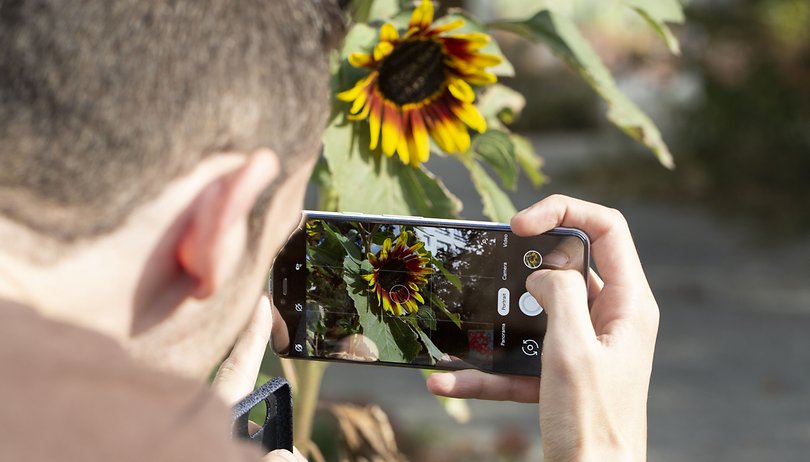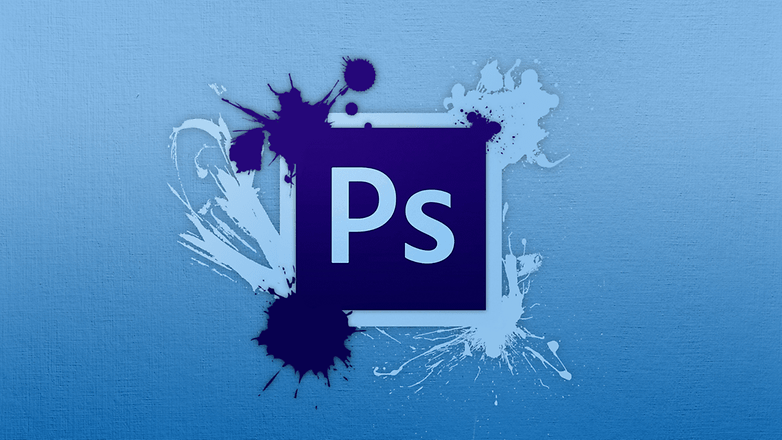No more fake news with this AI that tracks photoshopped images

At a time when certain industries, such as advertising, which bombard distorted images, but also fake news, a real plague on social networks, are being pointed out, Adobe is developing an artificial intelligence capable of detecting retouching on Photoshop.
As Donald Trump officially launches his 2020 campaign, one in which accusations of fake news are sure to fly from all sides, Adobe announces the development of an artificial intelligence that can prove that an image has been altered or not.

A dedicated team against false images
To fight the spread of false images, a subject that Adobe takes very seriously, the company that has created major creative art software, such as Photoshop or Illustrator, has assembled a dedicated team to find a way to stop this scourge that is spreading at high speed on the web.
The dedicated team is made up of researchers from the University of California at Berkeley and works mainly around AI to detect if Adobe's star software, Photoshop, has been used to retouch a particular photo. The first tests were based on the use of the "Modification of facial features" tool, the results of which are very often amazing. Still at the prototype stage, artificial intelligence is already much better than a human's trained eye at detecting touch-ups.
Dual-function artificial intelligence
99%, this is the excellent success rate of this AI software, although it only applies to portrait mode, you can see the precise places where the retouching took place. Sheng-Yu Wang, working on the project at the University of Berkeley, posted a very encouraging video on YouTube about the project's progress.
The other feature, even more impressive than the first one, is the ability to see what the retouched photo looked like before it went under Photoshop software.
Unfortunately, the AI tool, although very relevant, is not available to the general public and Adobe does not intend to commercialize it. Nevertheless, it remains a good idea to limit the dissemination of fake news, and to point out those that can be harmful or put false ideas in people's heads.
And would you like to know what images you see on a daily basis have been tampered with?
Source: Adobe Blog



